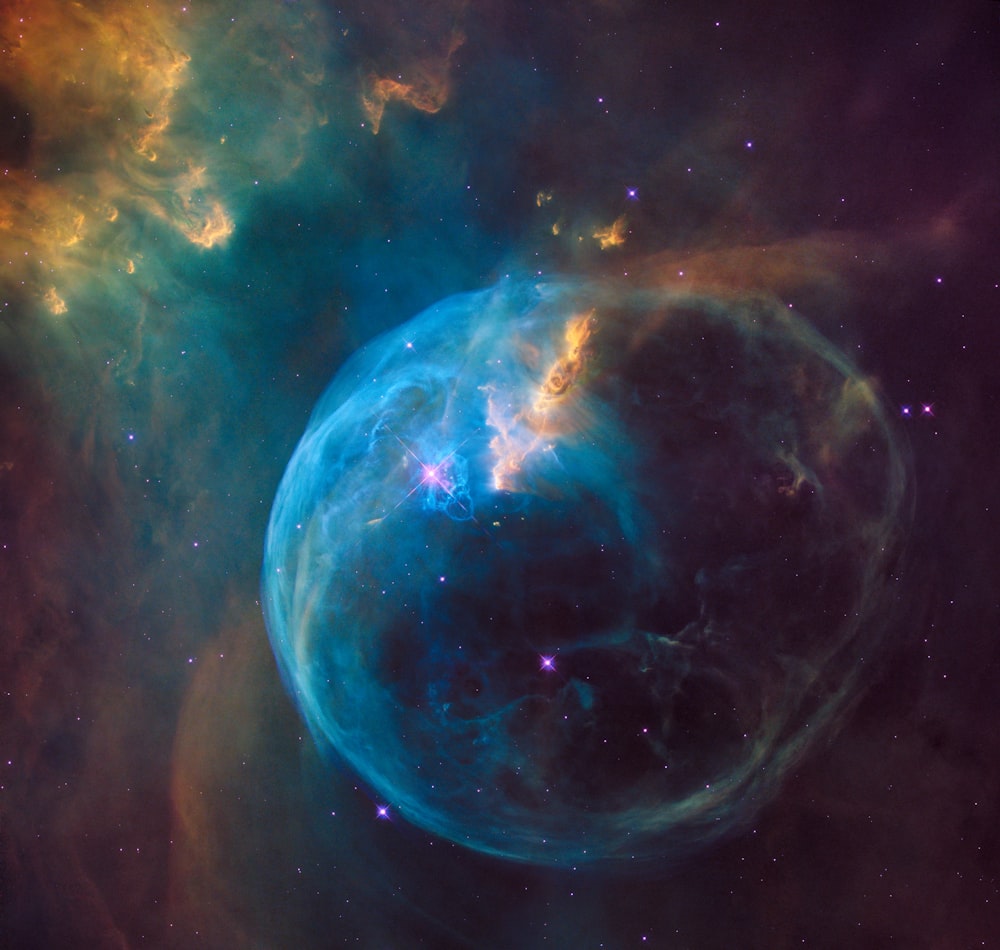The Icy Moon of Methuselah and the Origin of Life
In Colossians, the Apostle Paul explains to his readers how to stand firm in their faith in the midst of plausible arguments that are contrary truth. He doesn’t recommend an apologetics conference, a popular podcast, or a best-selling Christian book. He admonishes these young believers to root themselves deeply in a gospel-centered faith community that’s filled with joy. Here’s how Paul puts it:
For I want you to know how great a struggle I have for you and for those at Laodicea and for all who have not seen me face to face, that their hearts may be encouraged, being knit together in love, to reach all the riches of full assurance of understanding and the knowledge of God’s mystery, which is Christ, in whom are hidden all the treasures of wisdom and knowledge. I say this in order that no one may delude you with plausible arguments. For though I am absent in body, yet I am with you in spirit, rejoicing to see your good order and the firmness of your faith in Christ.
I think of this passage every time I read a contemporary article that’s propagating old ideas. For example, Aeon Magazine recently published a piece about “panspermia,” the theory that intelligent life on our planet is the result of aliens. The article isn’t an expose on bad movie plots like those in Harrison Ford’s “Indian Jones and the Kingdom of the Crystal Skull,” Nicolas Cage’s “Knowing,” or even Signorine Weaver’s Alien franchise. It’s about the academic treatment of the argument that is traced back 500 years before the birth of Christ to the teaching of a Greek philosopher named Anaxagoras.
The author of the article, Balazs Bradak, gives a helpful overview of the theory in its current form:
But the modern form of the theory originates from one of the pioneers of DNA, the Nobel prize laureate Francis H C Crick, and Leslie E Orgel, a chemist famous for building theories about the origin of life. Their idea, called ‘directed panspermia’, suggests that life could have been deliberately transferred to Earth by intelligent beings from elsewhere in the Universe. First presented at a scientific conference and then published in the scientific journal Icarus in July 1973, it soon became grist for science fiction, too.
The publication surveys several candidates for the cosmic origin of the seeds of life — including the Galileann moons of Jupiter and the ginormous moon of Methuselah. It sounds like a hodgepodge of biblical geography and Greek mythology, really. It’s actually just a lot of “what if this caused that-ism” looking at watering holes on far off planets, asking it that could really be where life came from. Don’t forget, serious intellects like Francis Crick found such theories compelling. Also note, even if they found evidence for an extraterrestrial explanation for life on our planet, they would still need to answer the question of the origin of their alien gardeners.
The piece ends with optimism. “Given evidence that such forms could survive this kind of deep-space journey,” Bradak writes, “the idea of a Last Intergalactic Universal Common Ancestor may not be far fetched.” I understand if you don’t believe in a personal God who has revealed himself, looking to space for answers makes perfect space. But if beyond our expanding Cosmos, there is a personal God who loves us and has communicated to us, we need look no further than his revelation of himself to understand where life came from.
It’s in this direction that Paul encouraged young believers to fix their gaze. Paul warns the church in Colossae of plausible arguments and deceptive philosophy (Col. 2:4, 8). Though surrounded by competing ideologies, Paul thanks God for their firm faith that is abounding in thanksgiving. The same is possible for every believer in any location in our world today.
That’s because the gospel never is — and never will be — intimidated or overshadowed by a rival truth claim, no matter how plausible or popular. The gospel has no equals and no superiors. It alone is the power of God, not only to knowledge of the origin of life, but better still, to a saving relationship with the Author of Life.

